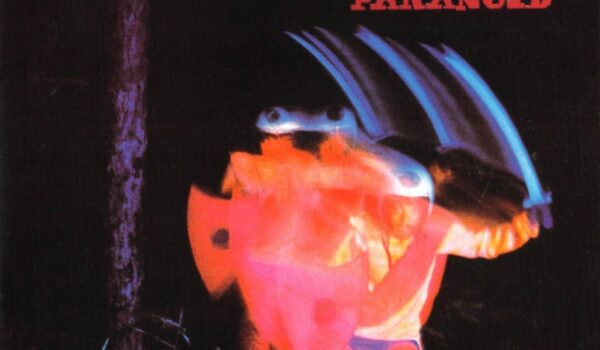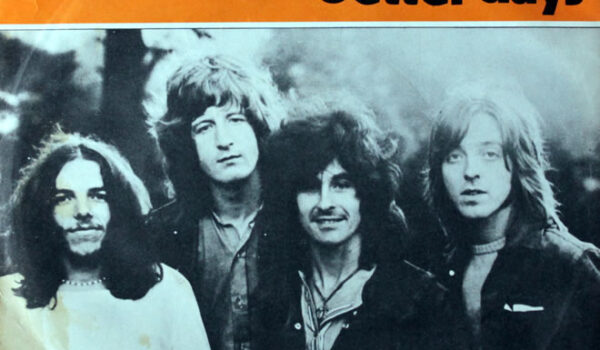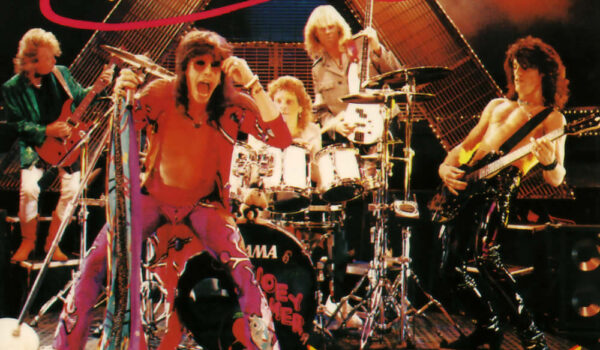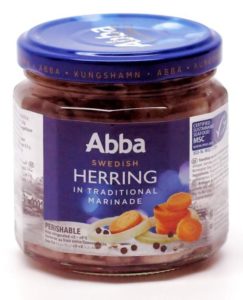American country singer, guitarist and songwriter Willie Hugh Nelson was born April 29, 1933 in Abbott, Texas. His birthday was incorrectly recorded by Dr. F. D. Sims as April 30.
He was named Willie by his cousin Mildred, who also chose Hugh as his middle name, in honour of her recently deceased younger brother. Nelson traces his genealogy to the American Revolutionary War, in which his ancestor John Nelson served as a major.
His mother left soon after he was born and his father remarried and also moved away, leaving Nelson and his sister Bobbie to be raised by their grandparents, who taught singing in Arkansas and started their grandchildren in music.
Nelson’s grandfather bought him a guitar when he was six, and taught him a few chords and Nelson sang gospel songs in the local church alongside Bobbie. He wrote his first song at age seven and when he was nine, he played guitar for local band Bohemian Polka.
After leaving school in 1950, he joined the US Air Force; he served for nine months before being medically discharged because of issues with his back.
From 1954 to 1956 he studied agriculture at Baylor University, where he joined the Tau Kappa Epsilon fraternity, until dropping out to pursue a career in music. During this time he worked as a nightclub bouncer, autohouse partsman, saddle maker, and tree trimmer.
Nelson moved with his family to Pleasanton, Texas, where he auditioned for a job as a DJ at KBOP. The owner of the station, Dr. Ben Parker, gave Nelson the job despite his lack of experience working on radio. With the equipment of the station, Nelson made his first two recordings in 1955: ‘The Storm Has Just Begun’ and ‘When I’ve Sung My Last Hillbilly Song’.
Nelson was hired by KVAN in Vancouver, Washington, and appeared frequently on a television show. He made his first record in 1956, “No Place for Me”, that included Leon Payne’s “Lumberjack” on the B-side.
Nelson moved to Nashville, Tennessee, in 1960. During this period he often spent time at Tootsie’s Orchid Lounge, a bar near the Grand Ole Opry. There Nelson met Hank Cochran, a songwriter who worked for the publishing company Pamper Music, owned by Ray Price and Hal Smith. Cochran heard Nelson during a jam session. Cochran had just earned a raise of $50 a week, but convinced Smith to pay Nelson the money instead to sign him to Pamper Music.
His songs became hits for other artists, including ‘Funny How Time Slips Away’ (Billy Walker), ‘Pretty Paper’ (Roy Orbison), and, most famously, ‘Crazy’ by Patsy Cline. Nelson and Cochran also met Cline’s husband, Charlie Dick at Tootsie’s. Dick liked a song of Nelson’s he heard on the bar’s jukebox. Nelson played him a demo tape of ‘Crazy’. Later that night Dick played the tape for Cline, who decided to record it. ‘Crazy’ became the biggest jukebox hit of all time.
By the fall of 1964, Nelson had moved to RCA Victor at the behest of Chet Atkins, signing a contract for $10,000 per year. Country Willie – His Own Songs became Nelson’s first RCA Victor album, recorded in April 1965. That same year he joined the Grand Ole Opry and he met and became friends with Waylon Jennings.
Nelson later moved to Columbia Records, where he signed a contract that gave him complete creative control, the result was the critically acclaimed and massively popular 1975 concept album Red Headed Stranger. Although Columbia was reluctant to release an album with primarily a guitar and piano for accompaniment, Nelson and Waylon Jennings insisted. The album included a cover of Fred Rose’s 1945 song ‘Blue Eyes Crying in the Rain’, that had been released as a single previous to the album, and became Nelson’s first number one hit as a singer.
In 1978, Nelson released two more platinum albums. One, Waylon & Willie, was a collaboration with Jennings that included ‘Mammas Don’t Let Your Babies Grow Up to Be Cowboys’. Though observers predicted that Stardust would ruin his career, it went platinum the same year. Nelson continued to top the charts with hit songs during the late 1970s, including ‘Good Hearted Woman’, ‘Remember Me’, ‘If You’ve Got the Money I’ve Got the Time’, and ‘Uncloudy Day’.
Nelson’s acting debut was in the 1979 film The Electric Horseman, followed by appearances in Honeysuckle Rose, Thief, and Barbarosa. He played the role of Red Loon in Coming Out of the Ice in 1982 and starred in Songwriter two years later. He portrayed the lead role in the 1986 film version of his album Red Headed Stranger.
In 1990, the IRS seized most of Nelson’s assets, claiming that he owed $32 million. In addition to the unpaid taxes, Nelson’s situation was worsened by the weak investments he had made during the early 1980s. Nelson released The IRS Tapes: Who’ll Buy My Memories? as a double album, with all profits destined for the IRS. Many of his assets were auctioned and purchased by friends, who donated or rented his possessions to him for a nominal fee.
He named his guitar after Roy Rogers’ horse “Trigger”. The Martin N-20 classical guitar has a large sweeping hole from constant strumming with a guitar pick over the decades. Its soundboard has been signed by over a hundred of Nelson’s friends and associates, ranging from fellow musicians to lawyers and football coaches. The first signature on the guitar was Leon Russell’s, who asked Nelson initially to sign his guitar.
Nelson is active in a number of issues. Along with Neil Young and John Mellencamp, he set up Farm Aid in 1985 to assist and increase awareness of the importance of family farms, after Bob Dylan‘s comments during the Live Aid concert that he hoped some of the money would help American farmers in danger of losing their farms through mortgage debt.
Nelson is a co-chair of the National Organization for the Reform of Marijuana Laws (NORML) advisory board. He has worked with NORML for years, promoting marijuana legalization.
Nelson has been married four times and has eight children.
Nelson temporarily stopped smoking cigarettes when his lungs became congested. He was then smoking between two and three packs per day. After suffering from pneumonia several times, he decided to quit either marijuana or tobacco. He chose to quit tobacco. Nelson has been arrested several times for marijuana possession.
Following the U.S. coronavirus pandemic lockdowns that began in March 2020, Nelson live-streamed a series of benefit concerts. The first two raised $700,000 for people who had suffered financial loss due to effects on the US economy.
Since his professional debut in 1962. Nelson’s discography includes 100 studio albums (consisting of 75 solo studio albums and 26 collaborative studio albums), 14 live albums and 51 compilation albums.
He was inducted into the Country Music Hall of Fame in 1993, and he received the Kennedy Center Honors in 1998. In 2011, Nelson was inducted to the National Agricultural Hall of Fame, for his labour in Farm Aid and other fundraisers to benefit farmers. In 2015 Nelson won the Gershwin Prize, the lifetime award of the Library of Congress.
The post Willie Nelson appeared first on This Day In Music.






Comments